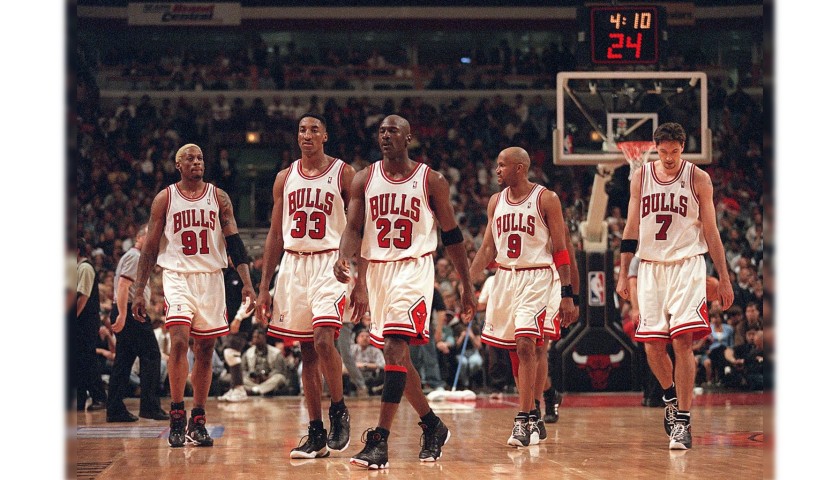creating strong and efficient teams
Team Efficiency
My Approach
Efficiency is subject to the team’s willingness and ability to change the way it operates. On the management level – teams’ efficiency is facilitated by creating cross-functional, autonomous and self-managed teams. Another efficiency driver is trust – this has to be strengthened both – top-down the organisation and horizontally – inside the teams. Next, is the responsibility of managers to embed healthy and motivating work planning practices. Zooming in at the team level – a spacetime for continuous discussion on improving the way we collaborate has to be established inside the team. The efficiency of daily work management can greatly benefit from widely adopted agile practices that I explain and coach teams to introduce one by one. Last but not least, to avoid stalling efficiency employees need to innovate – thus I help companies create a strong learning culture by establishing communities of practice. Each and every team has their own dynamic; I help to find tailored solutions that result in an incremental increase in the team’s efficiency in a matter of weeks.

1
Identify the drag
First, using observation, feedback, surveys, retrospectives, performance assessment, data analysis, and interviews I identify what are the ‘anchors’ that are holding the team back.
2
Fine-tune and adopt
The next step is to adjust a potential solution and discuss it with a team. This will help to fine-tine the proposal and allow us to agree on a new practice that everyone can subscribe to.
3
Automate and improve
Adopted practices have to be embedded and automated as much as possible to become the team’s DNA. However, they need to be reviewed regularly to look for further improvements.
recent blog posts
Read more about team efficiency
relevant training course
Designing high-efficiency teams
I have crafted a 3h long training course that will provide you with actionable practices to improve the efficiency of your teams. Below you can browse the different topics that are covered in the training.
- Including all the necessary skills and competences inside the team (independence)
- Rotating roles and responsibilities
- Learning new skills
- Crafting internal collaboration structure inside the team (communication, meetings, documentation, decision making, responsibilities, planning)
- The role of a manager in planning the work (short vs medium vs long-term planning, delegating styles)
- Structure of the planning meetings
- Tracking the progress and status of tasks (work visualisation)
- Daily synchronisation
- Collaboration and support inside the team (good flow of the workflow)
- The role of the manager in enabling the team (removing impediments)
- Demonstrating work products
- Regular work refinement practices
- Strategic planning
- Building trust between the team an the manager
- Building trust between the team members
- Creating practices that foster collaboration and mutual support inside the team
let's get in touch
Have a Question?
Feel free to drop a message or schedule a call to discuss how can team efficiency be improved in your company
